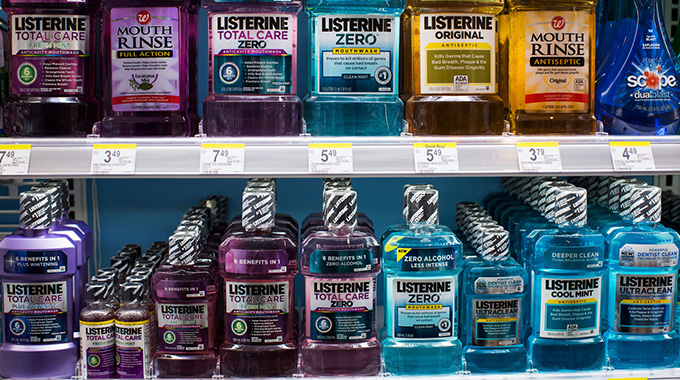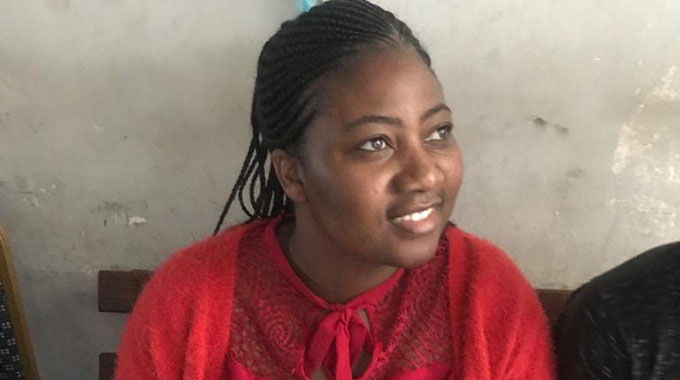Can Mouthwash Protect You Against Covid-19 Coronavirus? What This Study Really Said

Bruce Y. Lee
There’s a difference between a laboratory and your mouth. One of them is a controlled environment. The other is your mouth.
A study published in Journal of Medical Virology showed that in a laboratory, different types of nasal rinses and mouthwashes seemed to inactivate human coronaviruses.
For example, a 1 percent baby shampoo nasal rinse solution appeared to inactivate 99.9 percent of human coronaviruses after about two minutes. Listerine and Listerine‐like products apparently could inactivate similar amounts of virus even faster, after just 30 seconds.
However, before you turn your mouth into a mouthwash jacuzzi with the hopes of ridding your body of the Covid-19 coronavirus, keep in mind several things about the study.
First of all, the study tested the solutions on more common types of coronavirus and not the severe acute respiratory syndrome coronavirus 2 (SARS‐CoV‐2).
They may have similar structures but are not necessarily exactly the same in all regards. In some ways, comparing the SARS-CoV2 with other coronaviruses can be like comparing a cheese rolling team with a football team. Sure they are both sports teams. Sure they both involve people. But having a wheel of Double Gloucester cheese roll over you is not the same as a 250-plus pound middle linebacker.
Nonetheless, solutions that disrupt the membrane surrounding one type of coronavirus may do so with the membranes around other types. In fact, this isn’t the first study to suggest that mouthwashes can affect the SARS-CoV2 membrane.
A study published in a June issue of the Journal of Infectious Diseases found that different oral rinses inactivated SARS-CoV-2 in a laboratory, findings that Dr. Judy Stone covered previously for Forbes- FORBES








Comments